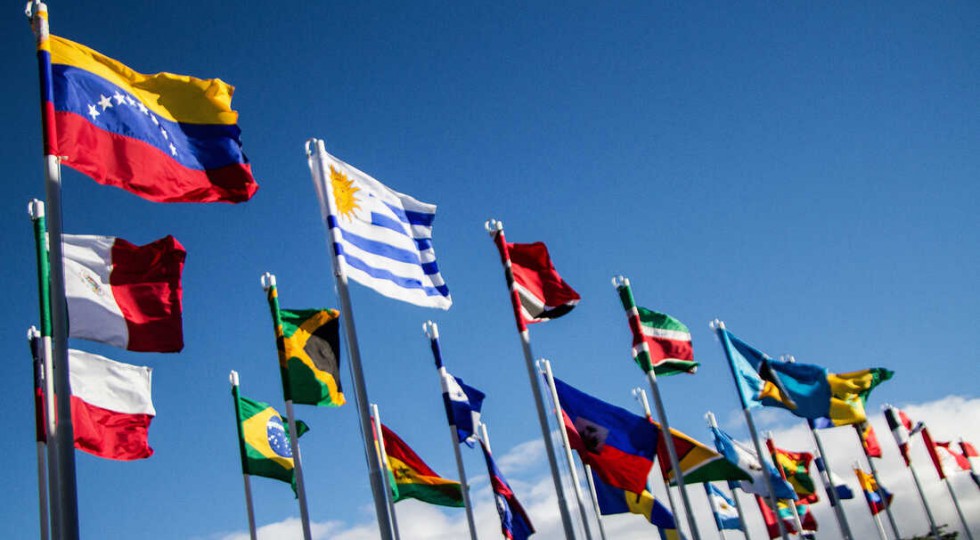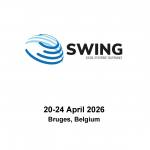DOUBLE RESEARCH SEMINAR: Latin American Integration

Multilevel Governance in Mercosur: Institutional Evolutions in an Intergovernmental Context
13:00 - 14:00
The Common Market of the South (MERCOSUR) is typically considered a prime example of intergovernmental regionalism, where the decision-making process is dominated by member states with little autonomy provided to the regional organisation. However, this perspective generally overlooks the role of non-state actors and processes of institutional decentralisation.
This research seminar will discuss Mercosur through the lens of multi-level governance in order to provide a more nuanced interpretation. Through exploratory research, various institutional bodies of Mercosur are examined in order to identify how interactions are created and what limits and stimulates power dispersion in the regional integration process. Particular attention will be given to how the proliferation of institutions for the participation of non-state actors has contributed to discoordination. The seminar will thus provide a practical example of how to study the complexity of regional organisations beyond the dichotomy of intergovernmentalism and supranationalism.
Regionalism and Regional Infrastructure Development in South America: a three-level analysis
Bárbara Neves
14:00 - 15:00
During the 2000s, regionalism in South America has been an important governmental instrument for regional development and for seeking a better economic positioning in the international economy. However, the "glory days" of the many South American regional institutions created in this period have been put aside by the recent political changes that brought right and far-right governments into power. In addition to the new governments, the ongoing social and economic crisis diminished the governmental attention and efforts toward regionalism. Such a scenario saw its critical point with the dismantling of the Union of the South American Nations (UNASUR) in 2019, when more than half of its members left the mechanism. However, there were some regional efforts that presented continuity and resilience, even during critical times, especially in one theme: infrastructure.
Thus, the PhD research from which this seminar is derived discusses how regional institutions in South America respond to periods of crisis. Based on the theoretical contributions of the studies on Comparative Regionalism and Differentiated Integration, this research considers the specific characteristics of South America, and the specific theme of regional infrastructure, as its single case study - and proposes a three-level analysis, being:
- National
- Regional
- Extra-Regional
Although infrastructure development has a strategic relevance for socio-economic development in South America, financial resources are limited. Such a scenario results in a sustained and continuous demand to surpass the physical asymmetries that impacts the trade within the region and its connectivity to the world.
Both seminars will be moderated by Frank Mattheis.
Register here
Upcoming Events
Similar Events
No events found.



